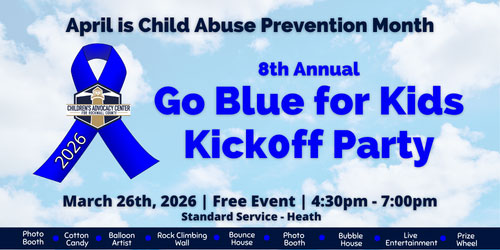(January 24, 2013) Hospital visits. No one really enjoys them – unless perhaps to celebrate the arrival of a baby. However at some point you will have a sick or injured family member, friend, or coworker in the hospital. What should you do? How long should you visit? What do you say?
For many of us hospital visits place us out of our comfort zone, making us feel very inadequate. Yet, we need to minister to the sick, expressing our love and concern for them at this time in their lives.
To help you provide the kind of support they need while at the same time maintaining respect for their medical situation, keep the following tips in mind.
DO’S
● Ask whether the patient wants visitors.
● If so, care enough to show up.
● Short visits are best so limit your stay to 5 – 10 minutes.
● If the door is closed, knock gently and enter carefully. You want to be respectful of the patient’s privacy.
● If the person is receptive, offer to pray for or with them. Remember to acknowledge any family and friends helping at home, the medical facility, nurses and physicians, and future healing.
● If a doctor or nurse enters the room, exit and wait outside until medical assistance is completed.
DON’TS
● If the patient is sleeping, don’t wake them; simply leave a note saying that you have been there.
● If the patient is trying to sleep, do not have conversations with other people present or talk on the phone. Rest is very necessary for the healing process.
● Don’t pull up a chair and camp out by the person’s bedside.
● Don’t say, “I know how you feel because I had…” Comparing your wounds or illnesses, while often well intended, rarely provides much help. Instead you end up turning the focus to you – which is the opposite of the intended outcome.
● Remember, the medical staff are experts and have more information at their disposal. Don’t try to second guess them as that may cause the patient undue worry.
Following the steps above will give you confidence the next time you find yourself in a hospital visitation setting. While the depth of the relationship with the patient may allow for longer visits or more personal discussion the guidelines above offer a good starting point. Remember to, above everything, keep the patient’s needs and comfort level top of mind and they will be appreciative of the time you spend with them.
Good Health guest column by Blue Ribbon News special contributor, Texas Health Presbyterian Hospital Rockwall.
To share your news and events, or a guest column on a topic of your expertise, email editor@BlueRibbonNews.com.





